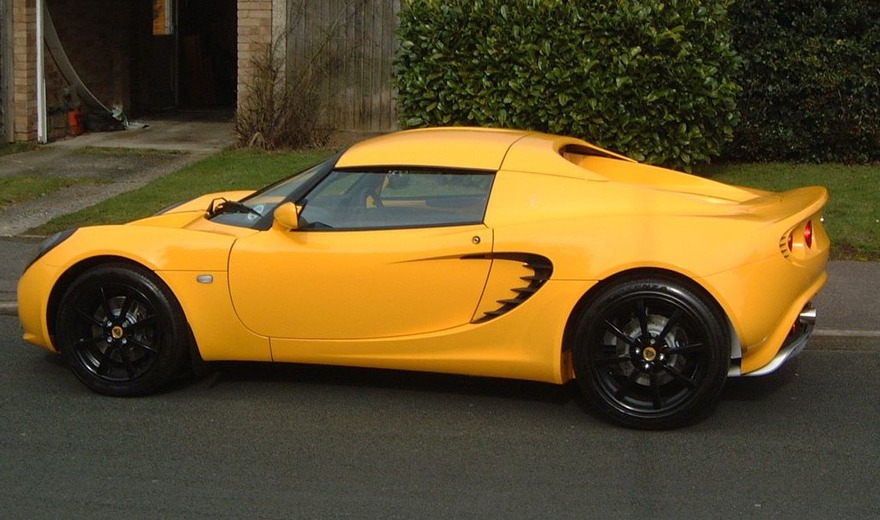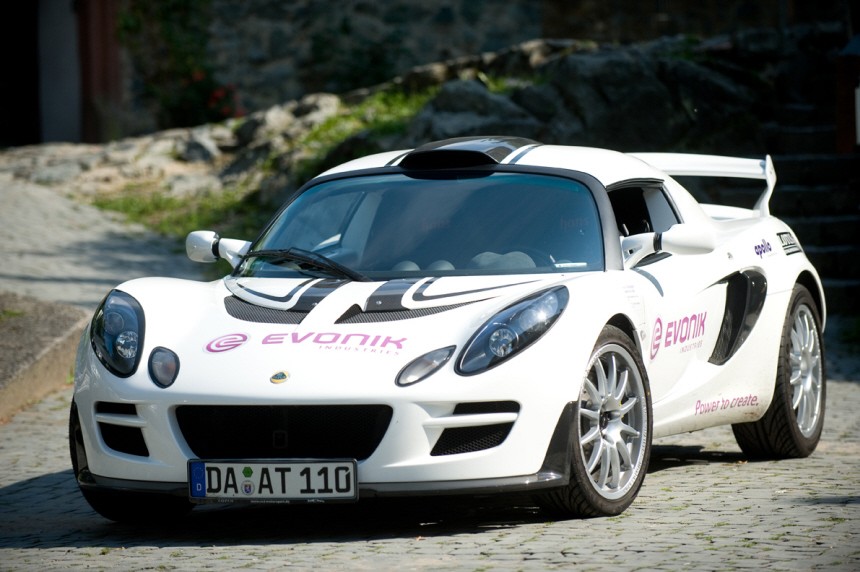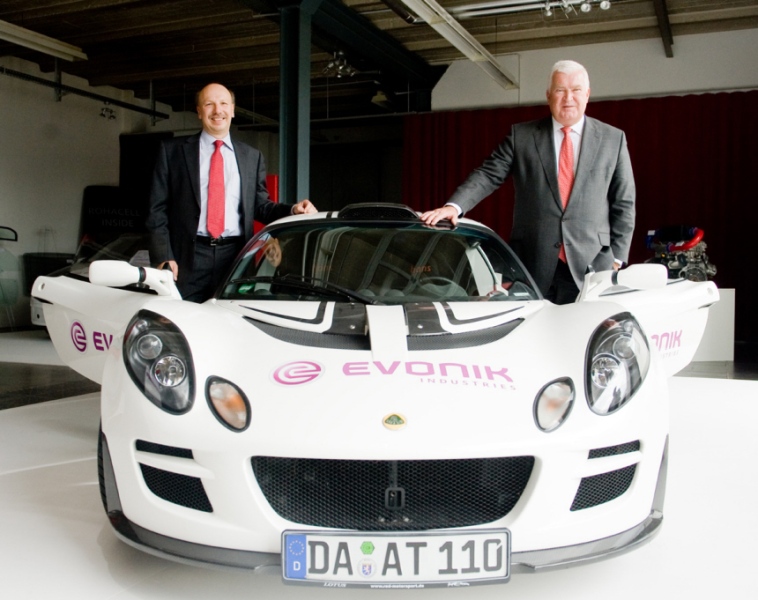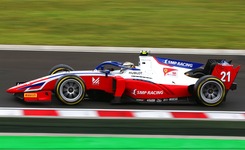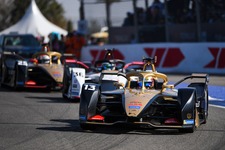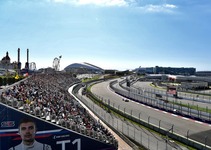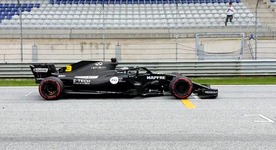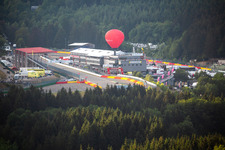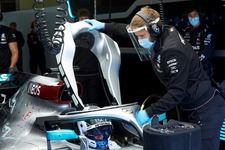On February 12, 2012 at the International Car Symposium in Bochum (Germany) Lotus revealed the superlight electric sports car Elise-E built in cooperation with the German specialty chemicals manufacturer Evonik Industries AG.
Light weight, great aerodynamics, branded suspension and an affordable price of the Lotus Elise are just perfect to use this car as the platform for the electric car. The engineers claim it to be the most efficient electric car built on the Lotus Elise base. Elise-E produced by the Evonik company proves the fact that electric cars used as city automobiles can be easily included in the sports car segment.
The engineers from the chemicals company Evonik applied their in-house developments to the Lotus Elise and made it even better. The major focus was on the car’s weight — applying the most recent hi-tech materials allowed making the car twice as light as its “sibling”.
The structural foam ROHACELL, carbon fibres and epoxy resin based on the VESTAMIN hardener technology were used when building the bodyshell. The sandwich structure of the Evonik is 60–70% lighter than the regular steel structure.
The Elise-E features PLEXIGLAS side windows. The benefits of using this material for car glassing include excellent transparency, high resistance to different weather conditions, nice acoustics and terrific shaping qualities. In comparison with regular materials, Plexiglas allows reducing the weight of the construction by 40–50%.
Special lightweight tyres saved a lot of weight. They are made with the help of high-efficiency Ultrasil silica and Si 363 silane which are actually manufactured by the Evonik. The rolling resistance of the tyres was reduced by almost 20%, leading to energy savings of about 5%.
All in all, the vehicle weighs 950 kg.
The powerplant of the Evonik Elise-E comprises a 150-kW electric motor which delivers 203 hp. Lithium-ion battery with ceramic CERIO separators provides a higher heat resistance of the battery. Thanks to these separators the entire battery construction features a highly compact design which results in high energy density at a low weight. CERIO separator is utterly efficient, extremely thin and highly heat-resistant. It separates the anode reliably from the cathode and sets new standards for lithium ion cells in terms of cycle stability, performance output and safety by using additional components.
Due to its light weight and not really powerful electric motor, the Evonik Elise-E sprints from 0 to 100 km/h in 4.4 seconds. Top speed of the eco-friendly vehicle is electronically limited to 200 km/h.
It might not be the most impressive result for a car of this class but, on the other hand, it wasn’t the major goal set by the manufacturer. The head of Evonik's Automotive Industry Team Klaus Hedrich assumes that the main objective pursued by the company when building the eco-friendly sports car was demonstration of what can be achieved in the automotive industry with their expertise in chemicals. Particularly, they wanted to show the potential of the modern polymer materials in production of lightweight bodyshells for the electric cars which would reduce energy consumption and increase the distance travelled per charge.
It’s difficult to say whether the Evonik Elise-E became the best electric car built on the Lotus Elise platform as there was no word yet either about its travel range or the price of the supercar. Moreover, it is still unknown whether the superlight electric sports car is going to hit the market or it might just remain a single prototype demonstrating hi-tech materials of its time.
Well at least the engineers can boast of building the first car in sports automotive industry which weighs less than 1,000 kg.
INTERESTING TO KNOW
1) Evonik Elise-E is considered to be the lightest sports electric car. Up until recently this title belonged to the Tesla Roadster which weighs 1,235 kg and was revealed in 2011.
2) The price of the electric car Lotus Elise — an actual “sibling” of the Evonik Elise-E — is around $300,000 and only 667 units will be produced.
3) Evonik Industries AG is a German industrial corporation founded on September 12, 2007 as a result of restructuring of the mining and technology group RAG. It is headquartered in Essen (Germany). The company deals with chemicals, energy and real estate. The company’s subsidiary Evonik Chemistry LLC operates on the territory of the Russian Federation and the CIS countries.

